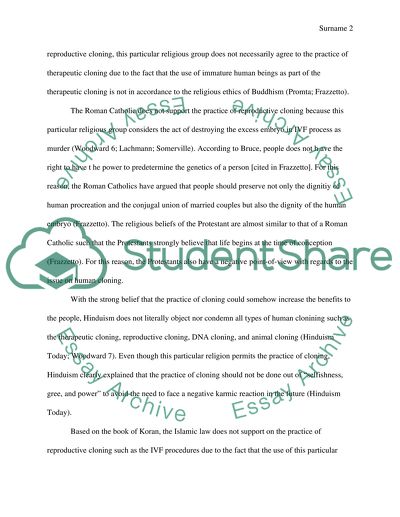Cite this document
(“Cloning in General and Ethics of Cloning Thesis”, n.d.)
Retrieved from https://studentshare.org/philosophy/1609665-cloning-in-general-and-ethics-of-cloning
Retrieved from https://studentshare.org/philosophy/1609665-cloning-in-general-and-ethics-of-cloning
(Cloning in General and Ethics of Cloning Thesis)
https://studentshare.org/philosophy/1609665-cloning-in-general-and-ethics-of-cloning.
https://studentshare.org/philosophy/1609665-cloning-in-general-and-ethics-of-cloning.
“Cloning in General and Ethics of Cloning Thesis”, n.d. https://studentshare.org/philosophy/1609665-cloning-in-general-and-ethics-of-cloning.


